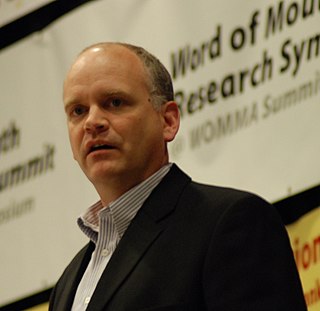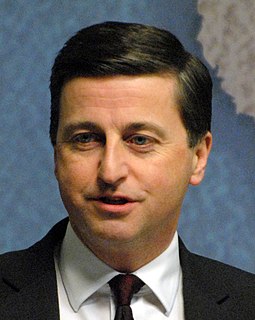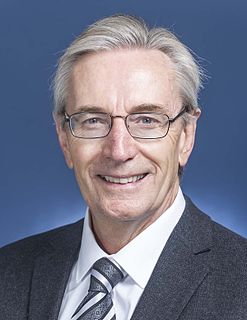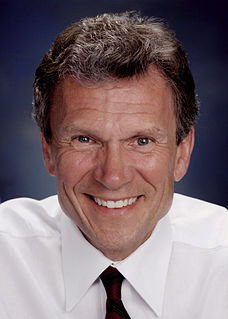A Quote by Hillary Clinton
Climate change is such a consequential crisis to everybody in the world.
Related Quotes
To look at the climate crisis alone - and in my view this is an election where we're not just deciding what kind of a world we will be but whether we will have a world or not, going forward. And the climate crisis, for one thing, you know, Hillary [Clinton] has not repudiated fracking by any means, nor fossil fuels.
Now it is the least developed world who are not responsible for this climate change phenomenon that bore the brunt of climate change consequences so it is morally and politically correct that the developed world who made this climate change be responsible by providing financial support and technological support to these people.
Despite the international scientific community's consensus on climate change, a small number of critics continue to deny that climate change exists or that humans are causing it. Widely known as climate change "skeptics" or "deniers," these individuals are generally not climate scientists and do not debate the science with the climate scientists.
... as we are being blunt, the fact is that Tony [Abbott] and the people who put him in his job do not want to do anything about climate change. They do not believe in human caused global warming. As Tony observed on one occasion "climate change is crap" or if you consider his mentor, Senator Minchin, the world is not warming, its cooling and the climate change issue is part of a vast left wing conspiracy to deindustrialise the world.
...the world needs to face up to the challenge of climate change, and to do so now. It is clear that climate change poses an urgent challenge, not only a challenge that threatens the environment but also international peace and security, prosperity and development. And as the Stern report showed, the economic effects of climate change on this scale cannot be ignored, but the costs can be limited if we act early
Climate scientists think of nothing but climate and then express their concerns in terms of constructs such as global mean surface temperature. But we live in a world in which all sorts of change is happening all the time, and the only way to understand what climate change will bring is to tell stories about how it manifests in people's lives.
Trust doesn't come haphazardly. It really has to be built over time. And that trust has to happen really at times when there isn't a crisis. That's why I think having regular meetings and conversation when there's no crisis, when you can build trust and a friendship and a relationship that allows for better dialogue and far more consequential deal-making can occur when a crisis does come up.































